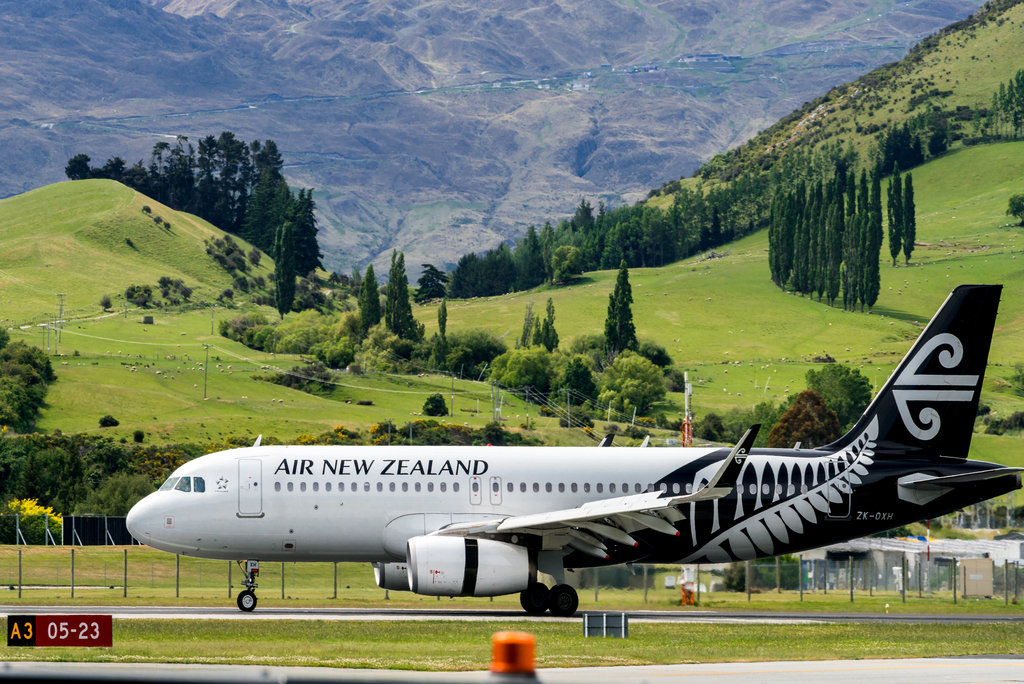Are you planning to visit or move to New Zealand amidst the COVID-19 pandemic? With constantly changing travel restrictions and visa requirements, navigating through the visa process can be overwhelming. But don’t worry, we’ve got you covered! In this blog post, we’ll guide you through everything you need to know about the New Zealand visa process post-COVID. From understanding different types of visas to meeting health and safety measures, get ready for a hassle-free journey towards your dream destination. Let’s dive in! NEW ZEALAND VISA POST COVID
What is the COVID pandemic?
The COVID pandemic is a serious respiratory illness that affects people of all ages. It is caused by the coronavirus, a highly contagious virus that can cause severe pneumonia, and has killed over 1,000 people in 2018 alone. To prevent the spread of this virus, many countries have updated their visa processes to reflect the heightened risk of infection. If you are planning to visit New Zealand, it is important to know what changes have been made.
First and foremost, New Zealand now requires anyone who is travelling from an area where the coronavirus is being actively circulated (including Saudi Arabia, Qatar, Jordan, and Lebanon) to obtain a special travel permit. This permit will require information such as your passport number and date of birth. If you do not have this information handy when you apply for your visa, you will be required to leave the country and return later in order to apply for the permit.
Additionally, New Zealand has announced that it will start requiring all travellers from these areas to undergo a health check before they are allowed into the country. This health check will include tests for influenza-like illnesses (such as COVID), along with a blood test for coronavirus antibodies. If you are found to be positive for either of these conditions, you will not be allowed into New Zealand.
These new restrictions mean that if you are travelling to New Zealand from one of these areas and have not yet obtained a travel permit or had your health checked,
How is New Zealand responding?
Since the COVID Visa Waiver Program came to an end on November 30, 2017, New Zealand has been requiring all travelers to obtain a visa in order to enter the country. This process can be difficult and time-consuming, so it’s important to know what you need to do in order to get a visa. NEW ZEALAND VISA FOR US CITIZENS
There are two types of visas that you can apply for: ETA and NZV. ETA visas allow you entry into New Zealand for up to three months while NZV visas allow you longer-term stay of up to six months. You must first obtain a visa application form from the New Zealand Immigration Department (DIMIA) and then submit it along with your passport, visa fee (currently $140), travel document(s), health insurance card, and other required documents to your nearest DIMIA office.
If you are visiting family or friends in New Zealand and will only be staying for a short period of time, you may be able to apply for an ETA visa instead of a NZV visa. To do this, you’ll need to provide evidence that your stay is temporary and that you will leave the country after your visit is finished.
If you are traveling for business purposes or have an invitation from a New Zealand company or organization, you may be eligible for a NZV visa. You’ll need to provide evidence that your visit is legitimate and will not interfere with any New Zealand businesses or organizations.
What are the new visa requirements for US citizens?
US citizens need a valid passport to enter New Zealand. They also need proof of citizenship (such as a birth certificate or naturalization document).
Once in New Zealand, US citizens are required to have a valid visa if they’re travelling for business or tourism. The types of visas available to US citizens vary depending on the purpose of their visit. For example, if you’re travelling for business, you may need a visa that authorizes you to stay in New Zealand for up to six months. If you’re visiting relatives or friends, you may be eligible for a tourist visa that allows you to stay in New Zealand for up to three months. You can check the requirements for specific types of visas on the Ministry of Immigration website.
Remember: If your trip is shorter than 90 days, you don’t need a visa! Simply show your passport at the airport and have your travel documents stamped into NZ residency.
How do I apply for a New Zealand visa?
One of the most important things to know before applying for a New Zealand visa is that you must have a valid passport from your home country. You will also need to have proof of onward travel (such as an airline ticket) and sufficient funds to cover your stay in New Zealand. Additionally, you should schedule an appointment with the New Zealand Embassy or Consulate in your home country at least four weeks in advance of your desired visa application date.
Once you’ve gathered all of the necessary documentation, it’s time to make an appointment with the New Zealand Embassy or Consulate. During this appointment, you will be required to fill out a visa application form and provide additional documentation, such as your passport photos. The embassy or consulate will then process your application and send you back a notification regarding the status of your application.
If you are approved for a visa, be sure to bring all of the documents listed on the notification along with you when you travel to New Zealand. If there are any changes to your application status, be sure to immediately contact the embassy or consulate so that any updates can be made prior to arriving in New Zealand.



